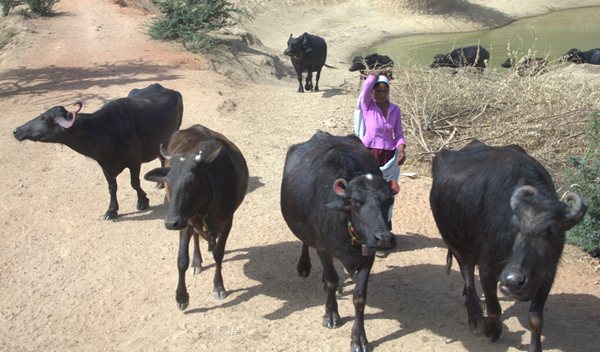
Everyone knows the first rule of traveling abroad, especially in developing countries, is to expect the unexpected. But when the unexpected happens, what do you do? I was a few days away from my flight from Delhi to Cochin, India, casually discussing my plans with a fellow traveler, when she said, “I hope you’re not flying Kingfisher.”
I was.
“You’d better check your flight, they’re about to go bankrupt.”
I jumped online as soon as I returned to the hotel. Sure enough, my destination was no longer listed, but I could not find any other information. I asked the hotel staff if they had any news about the situation, and all they could tell me was that it was bad and passengers were getting stranded. Flights were not taking off if the airline couldn’t pay for fuel, and no one was extending credit to them. There is no Chapter 11 here, no consumer protection, no other airline willing to offer an alternate flight, you are just plain out of luck.
I had prepaid the hotel at my upcoming destination, plus I really wanted to spend my time in Cochin, not in Delhi sorting things out. At this point I had a few choices: take my chances with my current airline and hope they had made arrangements with an alternate carrier (which was unlikely), opt for a 20 hour train ride and forego the cost of one hotel (which was unappealing), or book a new ticket (which was expensive). After weighing the time, money, and aggravation factors, I chose the latter.
Buying a new ticket ended up to be the right choice for me, despite the fact it set me back a few hundred dollars. Twenty four hours before my originally scheduled flight I received an email from Kingfisher stating that my flight was cancelled, but no other option was offered. I met an Indian woman at the airport who told me that her son and daughter-in-law were stranded by Kingfisher in London and both had to buy new tickets for 800 British Pounds each. She didn’t seemed too surprised by this, she simply shrugged and said, “it’s unfortunate, but what can you do?”

Every situation where you are forced to regroup will be unique, but here are some tips to deal with the problem, or prevent it altogether:
Expect the unexpected – and budget for it. We all know it will happen at some point, so by planning and budgeting for it upfront, it may not be as much of an annoyance. If everything goes as planned, you will have extra funds at the end of the trip to splurge on some extravagance or pocket the cash.
Do your homework. I did not have the luxury of time when I made the arrangements for my career break, but a quick internet search could have alerted me to the financial difficulties of Kingfisher and I would have been able to make alternate arrangements. Also, check travel forums like Trip Advisor where you can get advice from other travelers.
Enlist the help of a travel agent. They are not widely used anymore, but a travel agent can be a great help. I was extremely jealous when two of my fellow Australian travelers, also facing a possible trip cancellation, shot an email to their agent who was able to rebook them. Another option would be to enlist the help of a travel savvy friend back home who has access to a fast internet connection and can make a few calls on your behalf.
Build extra time into your itinerary. You won’t always have the luxury of downtime when you travel, but giving yourself extra time in “transition” locations will help to get you back on schedule if something goes awry along the way.
Get your money back, if possible. My first attempt was to deal with a Kingfisher agent face to face who assured me my ticket would be refunded within 5 business days. After 15 business days, this had not happened. Even though I was promised a refund, I immediately disputed the charge with my credit card company. They placed the charge on “hold” meaning I don’t have to pay for it until the issue is resolved. Ideally, try to get documentation in writing from the vendor as it will help in your effort to dispute the charges. Your travel insurance policy is another option, but read the fine print closely. Mine states:
“The following exclusions apply to Trip Cancellation and Trip Interruption: Benefits will not be provided for any loss resulting (in whole or in part) from: (a) travel arrangements canceled by an airline.”
This means it might be an uphill battle to get reimbursed. Additionally, there are many airlines which are excluded from coverage altogether.
Embrace a new experience. Sometimes you will just have to make a new plan. You have two choices: get upset about it, or enjoy the unexpected. That outcome is entirely up to you.
 Leora Krause is a travel addict who started circling the globe when she was old enough to vote. Recently downsized from corporate America, she is enjoying her second career break (her first one was in 2003), traveling through Thailand, Vietnam, India and Nepal. She hails from the great city of Chicago, Illinois. You can read about her travel adventures on Restless Passport.
Leora Krause is a travel addict who started circling the globe when she was old enough to vote. Recently downsized from corporate America, she is enjoying her second career break (her first one was in 2003), traveling through Thailand, Vietnam, India and Nepal. She hails from the great city of Chicago, Illinois. You can read about her travel adventures on Restless Passport.



 Leora Krause is a travel addict who started circling the globe when she was old enough to vote. Recently downsized from corporate America, she is enjoying her second career break (her first one was in 2003), traveling through Thailand, Vietnam, India and Nepal. She hails from the great city of Chicago, Illinois. You can read about her travel adventures on
Leora Krause is a travel addict who started circling the globe when she was old enough to vote. Recently downsized from corporate America, she is enjoying her second career break (her first one was in 2003), traveling through Thailand, Vietnam, India and Nepal. She hails from the great city of Chicago, Illinois. You can read about her travel adventures on 
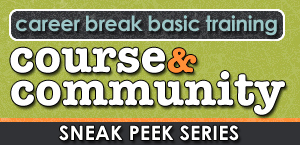

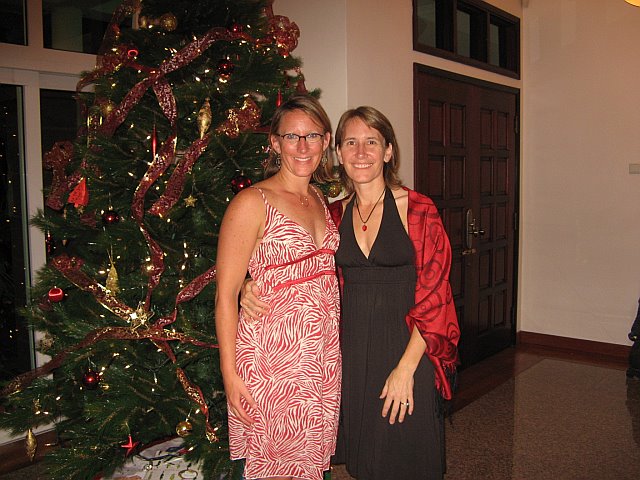
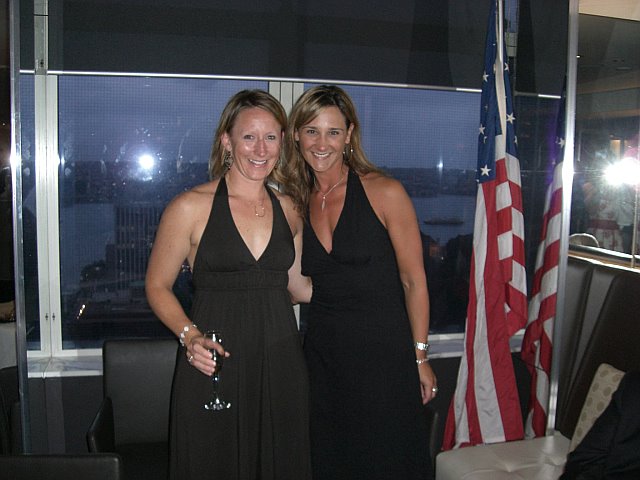
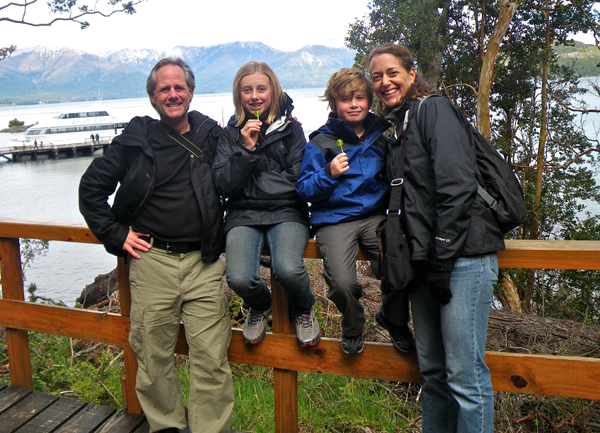
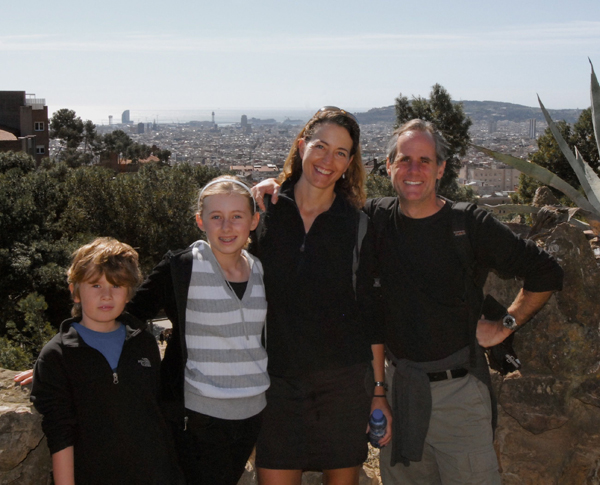
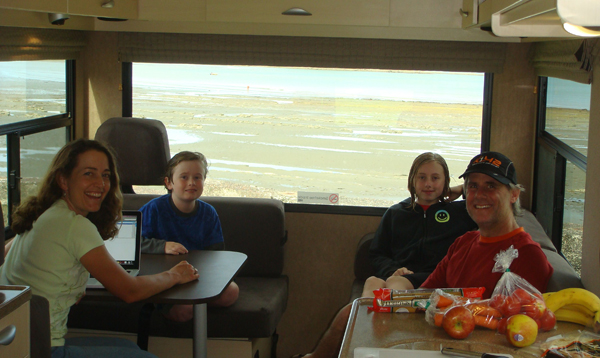
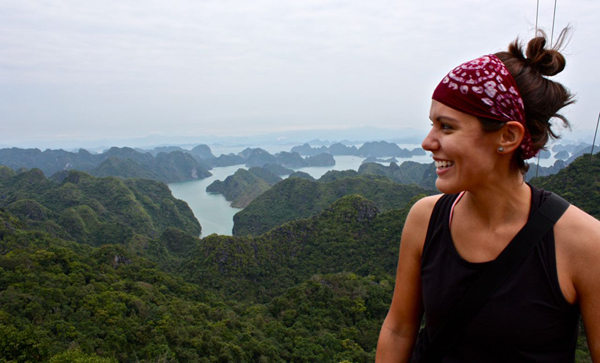
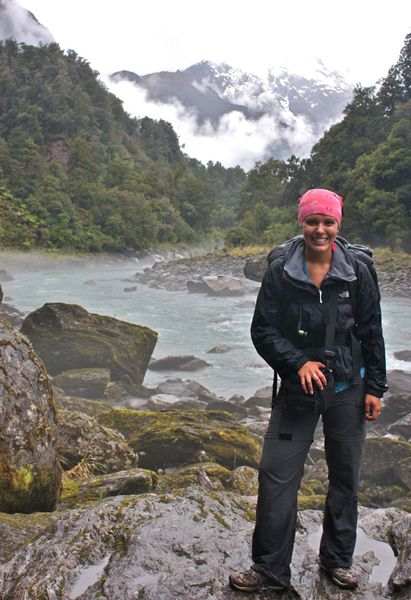 Although seven months is a little too long for my liking, I will never stop traveling. It’s not a bug; it’s a disease, but in the most positive sense. I return from my time abroad and see my world with new eyes. Minor irritations are just that: Minor. As for those friends and relatives that keep me at a distance so as not to catch my madness, well, I want to hold them closer than ever. I twist their arms to take weeks off from work, and if they aren’t ready for weeks then just days.
Although seven months is a little too long for my liking, I will never stop traveling. It’s not a bug; it’s a disease, but in the most positive sense. I return from my time abroad and see my world with new eyes. Minor irritations are just that: Minor. As for those friends and relatives that keep me at a distance so as not to catch my madness, well, I want to hold them closer than ever. I twist their arms to take weeks off from work, and if they aren’t ready for weeks then just days.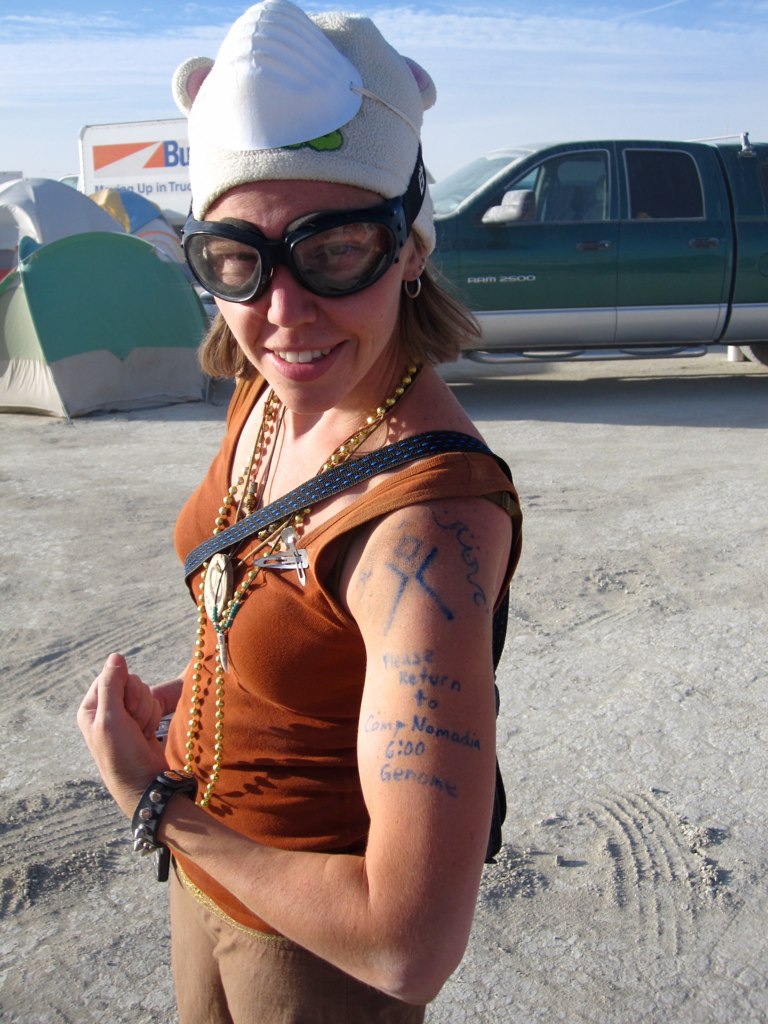 In college, I believed I had to prepare for the most robust career opportunities available. Even though I didn’t know what exactly I wanted to do, I knew I loved to travel and wanted to integrate some sort of international experience into my resume.
In college, I believed I had to prepare for the most robust career opportunities available. Even though I didn’t know what exactly I wanted to do, I knew I loved to travel and wanted to integrate some sort of international experience into my resume.





